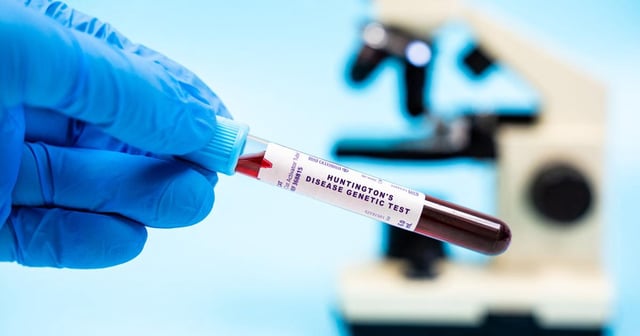Overview
- UniQure and University College London researchers reported Phase 1/2 results in 29 patients over 36 months suggesting about a 75% reduction in clinical decline versus untreated comparators.
- The company disclosed the findings via press materials rather than a peer‑reviewed publication, and independent validation is still pending.
- The investigational treatment, AMT‑130, uses a viral vector injected into the striatum to deliver genetic instructions intended to suppress production of the toxic huntingtin protein.
- Delivery requires a single dose administered during a highly invasive neurosurgical procedure lasting 12 to 18 hours, raising feasibility, cost and long‑term safety questions.
- UniQure says it plans to seek FDA accelerated approval in early 2026, with subsequent filings in the United Kingdom and European Union.

